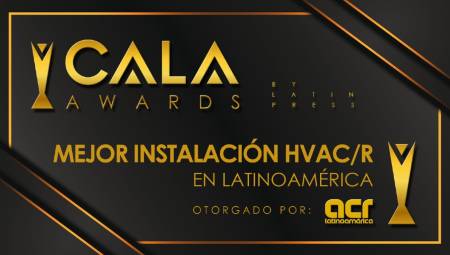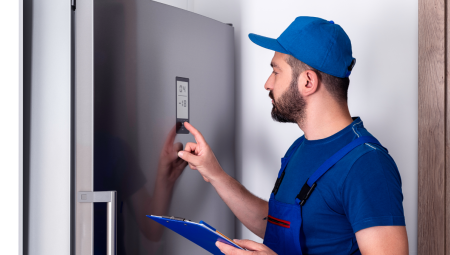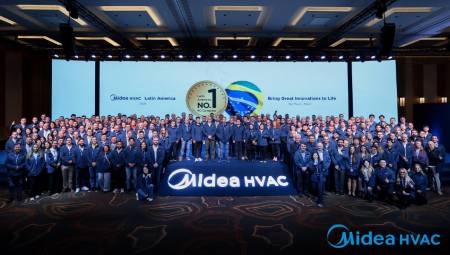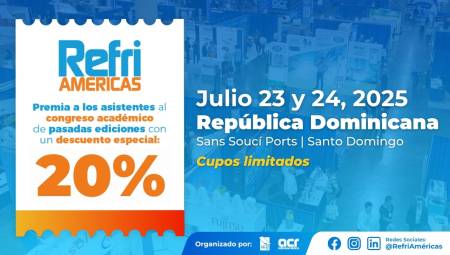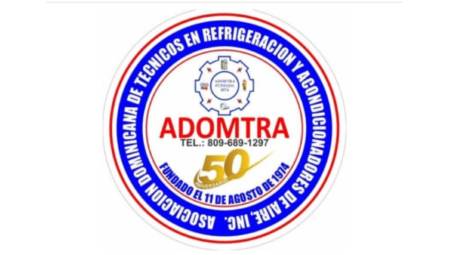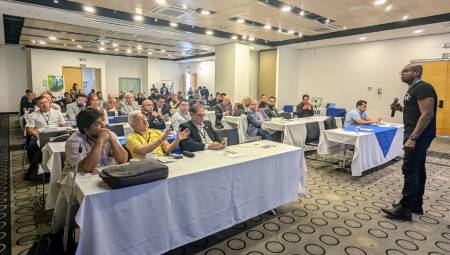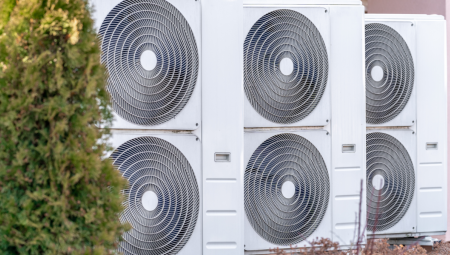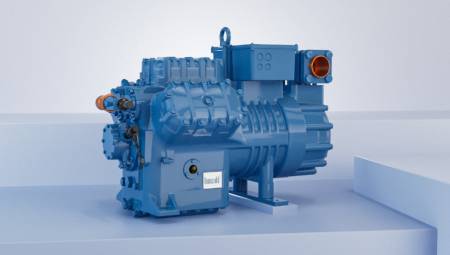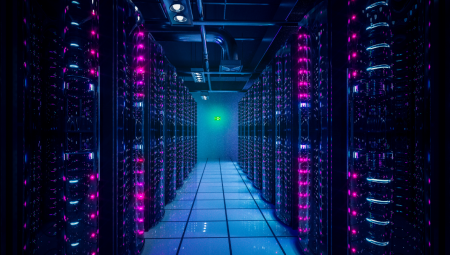 International. Along with the commemoration of the 30th anniversary of the Montreal Protocol, the treaty credited with saving the ozone layer marks another milestone after achieving the threshold for the entry into force of its Kigali Amendment, which seeks to eliminate hydrofluorocarbons that cause climate warming (HFCs) while still protecting the ozone layer.
International. Along with the commemoration of the 30th anniversary of the Montreal Protocol, the treaty credited with saving the ozone layer marks another milestone after achieving the threshold for the entry into force of its Kigali Amendment, which seeks to eliminate hydrofluorocarbons that cause climate warming (HFCs) while still protecting the ozone layer.
The milestone was reached on November 17, after the Amendment was ratified by 20 parties. The Amendment is now set to take effect on January 1, 2019, requiring the nations of the world to progressively reduce HFCs by more than 80 percent over the next 30 years and replace them with other, more planet-friendly alternatives.
Developed countries will start reducing HFCs as early as 2019, while developing countries will start later. The progressive reduction of HFCs under the Protocol is expected to prevent up to 0.5°C of global warming by the end of the century, while continuing to protect the ozone layer.
"This is a breakthrough for climate action and a sign that positive global environmental action is paying off. So far, more than 20 countries have worked hard to get this process off to a solid start, and we hope more nations will follow soon! " said Erik Solheim, director of the UN Environment.
The parties that have so far ratified the Amendment, listed alphabetically, are: Australia, Canada, Chile, Comoros, Democratic People's Republic of Korea, Finland, Germany, Lao People's Democratic Republic, Luxembourg, Maldives, Mali, Marshall Islands, Micronesia (Federation of States of), Norway, Palau, Rwanda, Slovakia, Sweden, Trinidad and Tobago, Tuvalu and the United Kingdom of Great Britain and Northern Ireland.
In addition, more parties are in the process of ratifying the Amendment. All previous amendments and adjustments to the Montreal Protocol have universal support.
The 197 parties to the Montreal Protocol meet in Montreal from 20 to 24 November for the Eleventh Joint Conference of the Parties to the Vienna Convention and the 29th Meeting of the Parties to the Montreal Protocol.



